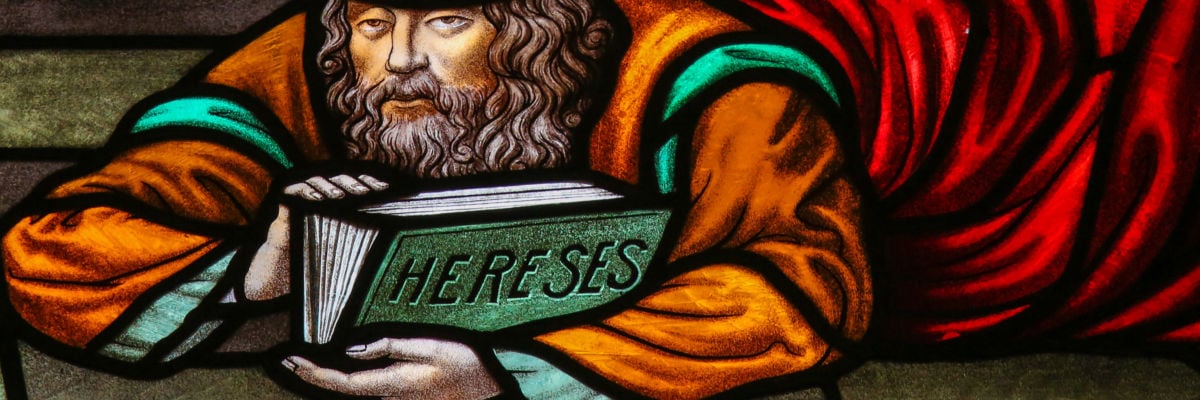H
Humility
Guest
In a couple of places online, including here I have heard that heresy involves obstinate disobedience against a dogma of the Catholic faith. In other places, I have seen people assert that heresy can involve obstinate disobedience against infallible doctrines as well. However, I have not been able to find anyone asserting the latter who was an apologist, theologian, or a canon lawyer, and so I am not certain if it is true.
If anyone here is any one of those things and could answer or could direct me somewhere where I could get an answer, it would be very much appreciated. I am upset that the Ask an Apologist option is no longer available to choose as a category.
Specifically, I am wondering if disagreements with the Church on artificial birth control, women priests, abortion, and remarriage without annulments would be considered to be at odds with either dogma or doctrine (either infallible or fallible). (I am guessing that all except artificial birth control are dogma, since references to them can be found in the sacred scriptures, but I would like to hear from somebody else.)
Thank you.
If anyone here is any one of those things and could answer or could direct me somewhere where I could get an answer, it would be very much appreciated. I am upset that the Ask an Apologist option is no longer available to choose as a category.
Specifically, I am wondering if disagreements with the Church on artificial birth control, women priests, abortion, and remarriage without annulments would be considered to be at odds with either dogma or doctrine (either infallible or fallible). (I am guessing that all except artificial birth control are dogma, since references to them can be found in the sacred scriptures, but I would like to hear from somebody else.)
Thank you.
Last edited:


